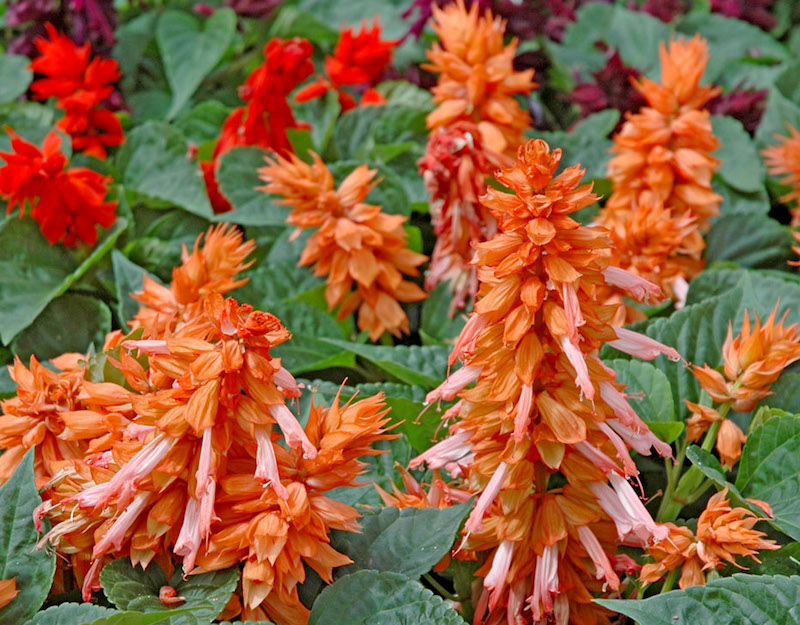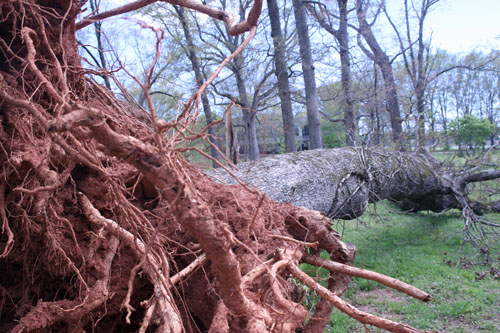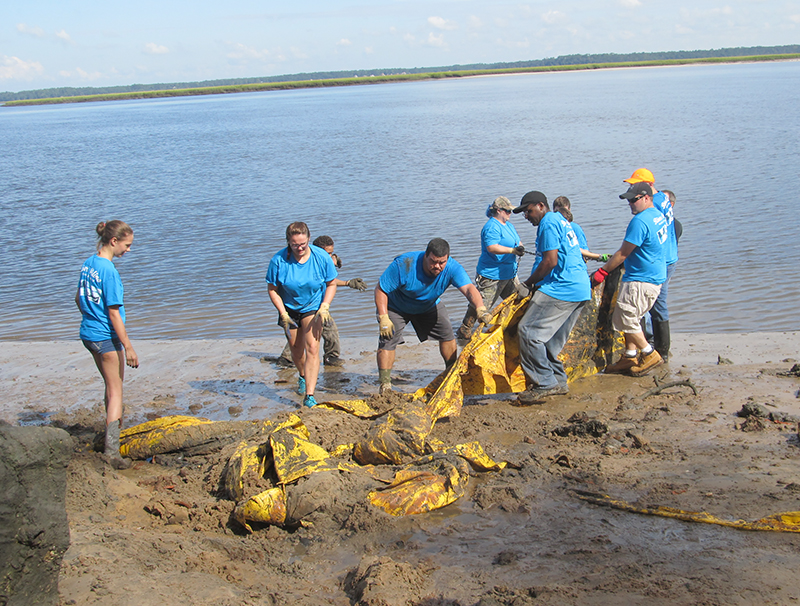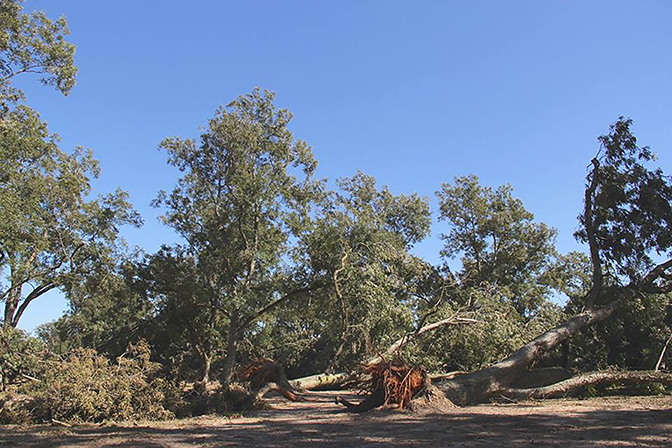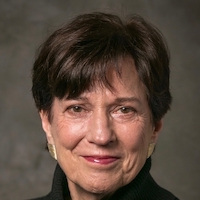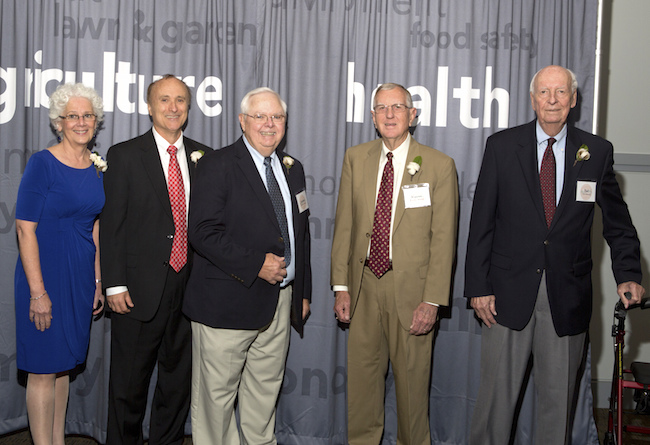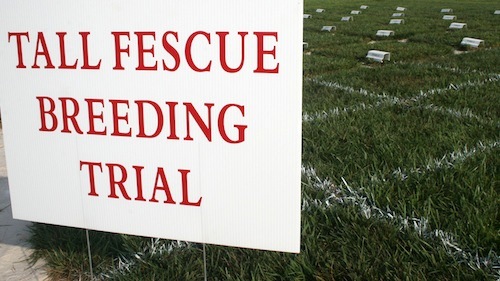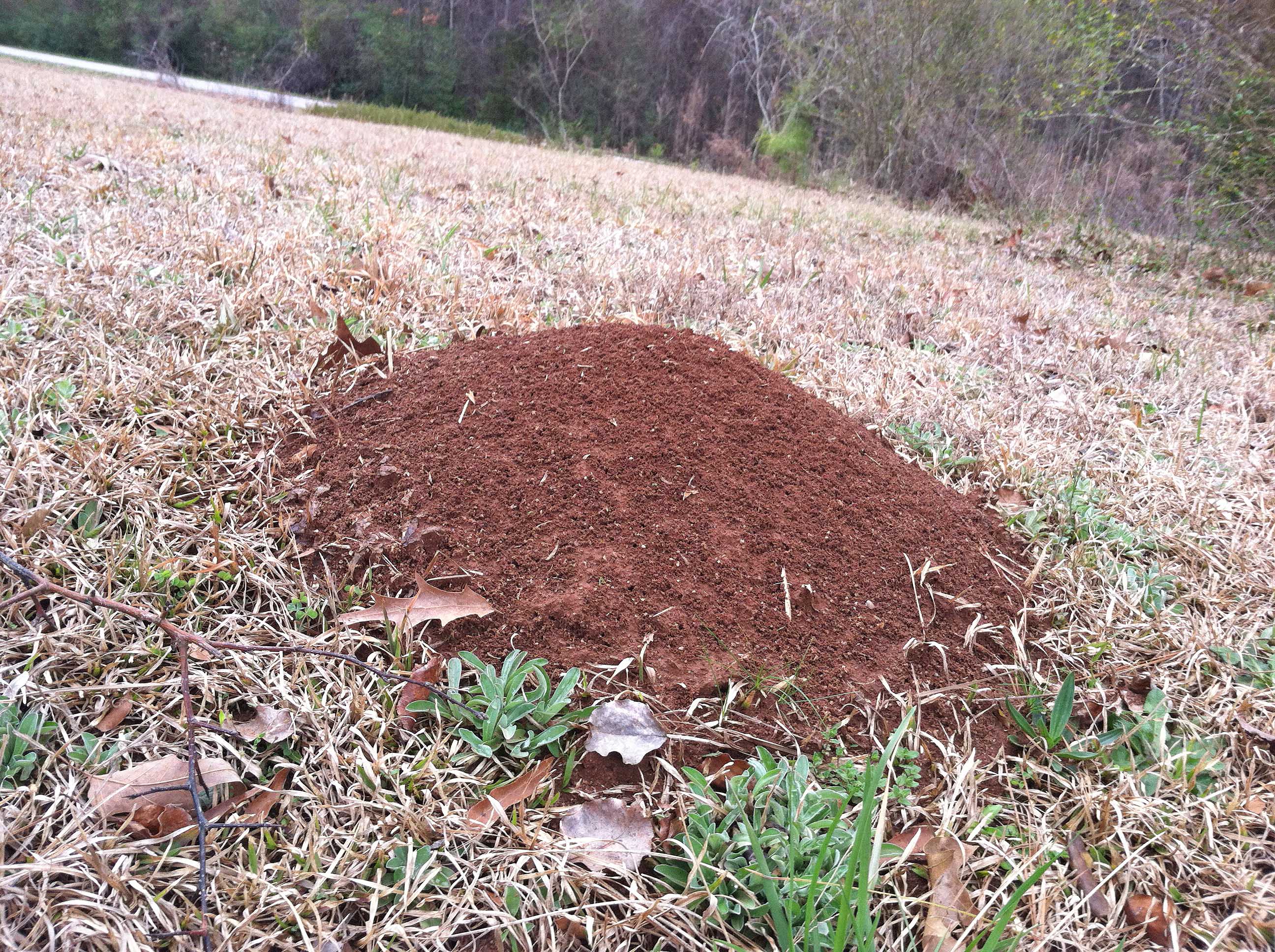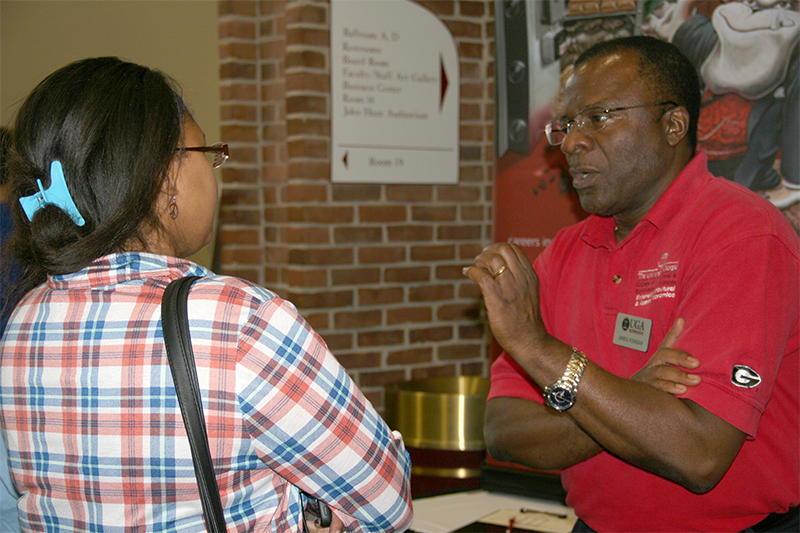 CAES News
CAES News
UGA-Tifton to host annual Southwest ShowCAES recruiting event
The University of Georgia Tifton campus and the UGA College of Agricultural and Environmental Sciences (CAES) invites high school and college students interested in attending or transferring into CAES to attend the college’s Southwest ShowCAES on Tuesday, Sept. 19, at the Tifton Campus Conference Center.

